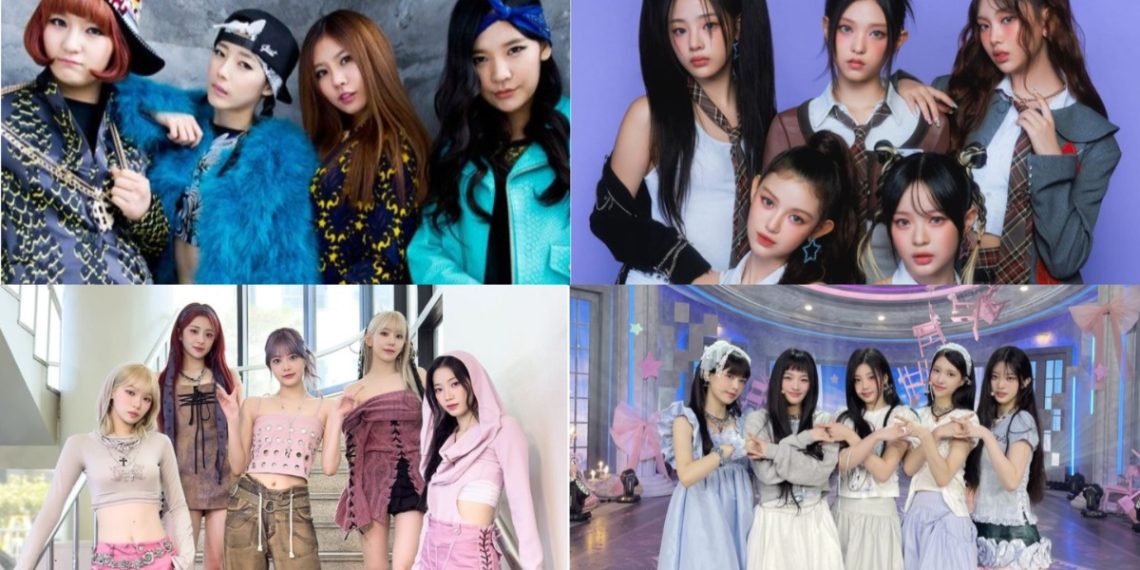Amidst HYBE’s remarkable achievements in the music industry, its journey with girl groups has been marred by controversies and challenges. From GLAM’s scandal-induced disbandment to LE SSERAFIM’s image crisis and the recent accusations surrounding NewJeans and ILLIT, the label’s management of female artists has faced persistent scrutiny.
GLAM’s Turbulent Journey
GLAM was HYBE’s first girl group, debuting under Big Hit Entertainment (now HYBE) and Source Music in 2012. However, the group faced a dramatic downfall in 2014 when member Dahee was embroiled in a blackmail scandal with renowned actor Lee Byung-hun.
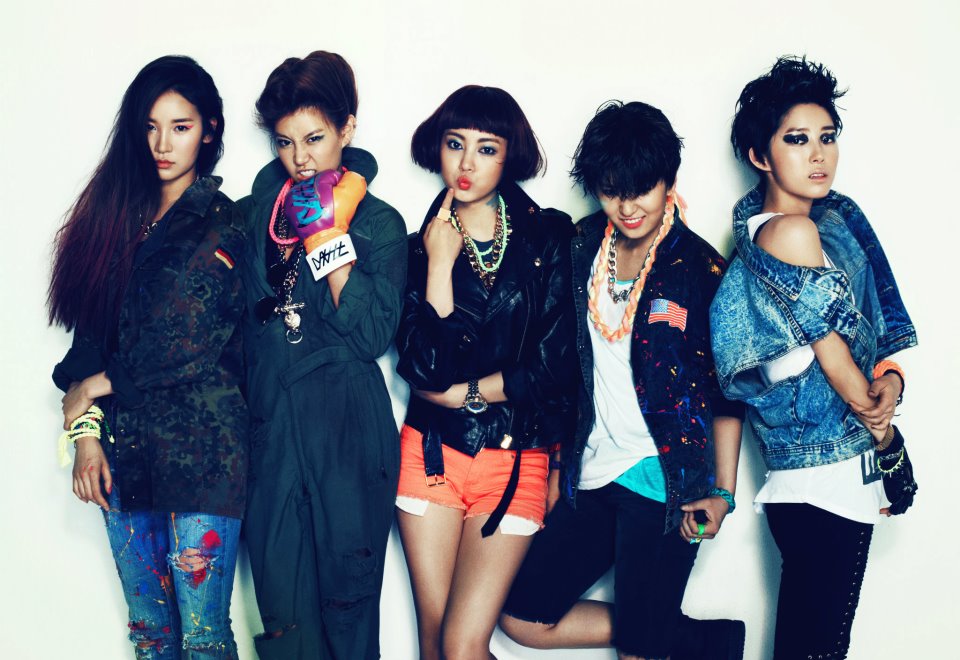
Dahee received a suspended sentence, and HYBE officially disbanded GLAM, shifting its focus towards male idol groups following the scandal.
LE SSERAFIM’s School Violence Allegations
In 2022, HYBE’s subsidiary Source Music debuted LE SSERAFIM, but the group quickly encountered controversy. Member Kim Garam faced accusations of school violence, including bullying, underage drinking, and smoking, which tarnished the group’s image.
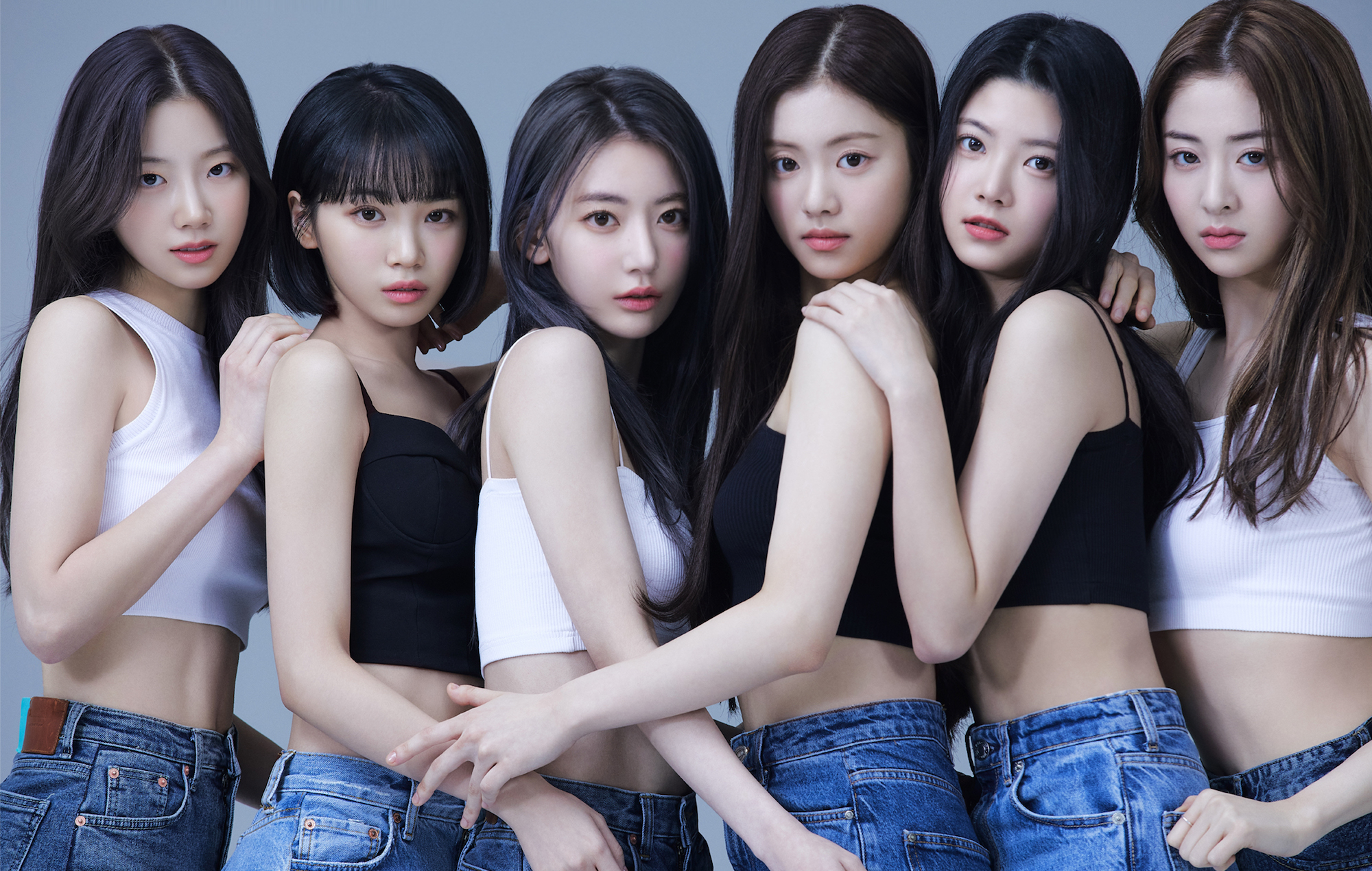
NewJeans vs. ILLIT Conflict
Recent turmoil erupted HYBE’s girl group lineup when Min Hee-jin, CEO of ADOR (NewJeans’ agency), accused ILLIT of plagiarism. This dispute extended beyond artistic claims, with accusations of leaking confidential information and trade secrets aimed at destabilizing HYBE.
The controversy raised doubts about the environment of HYBE’s subsidiary labels and the handling of girl groups.
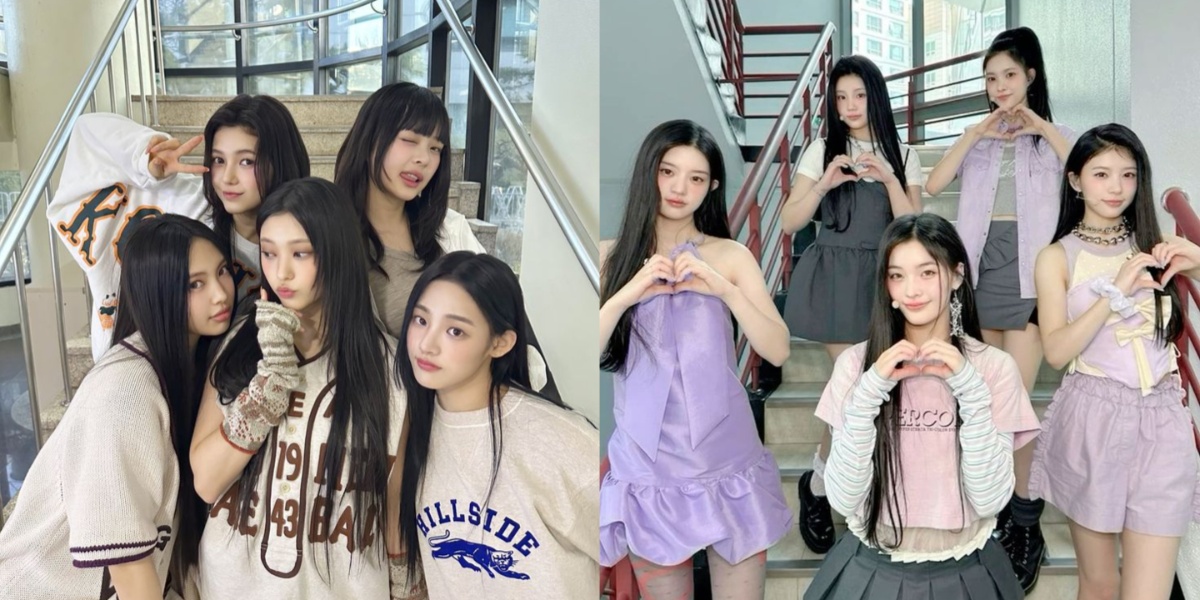
HYBE’s Shift Towards Male Groups
Following GLAM’s scandal and the rapid rise of BTS, HYBE notably pivoted its focus towards male idol groups. This strategic shift sidelined female trainees like SinB and Eunha of GFriend, who were transferred to Source Music, reinforcing the dominance of male acts in the company.
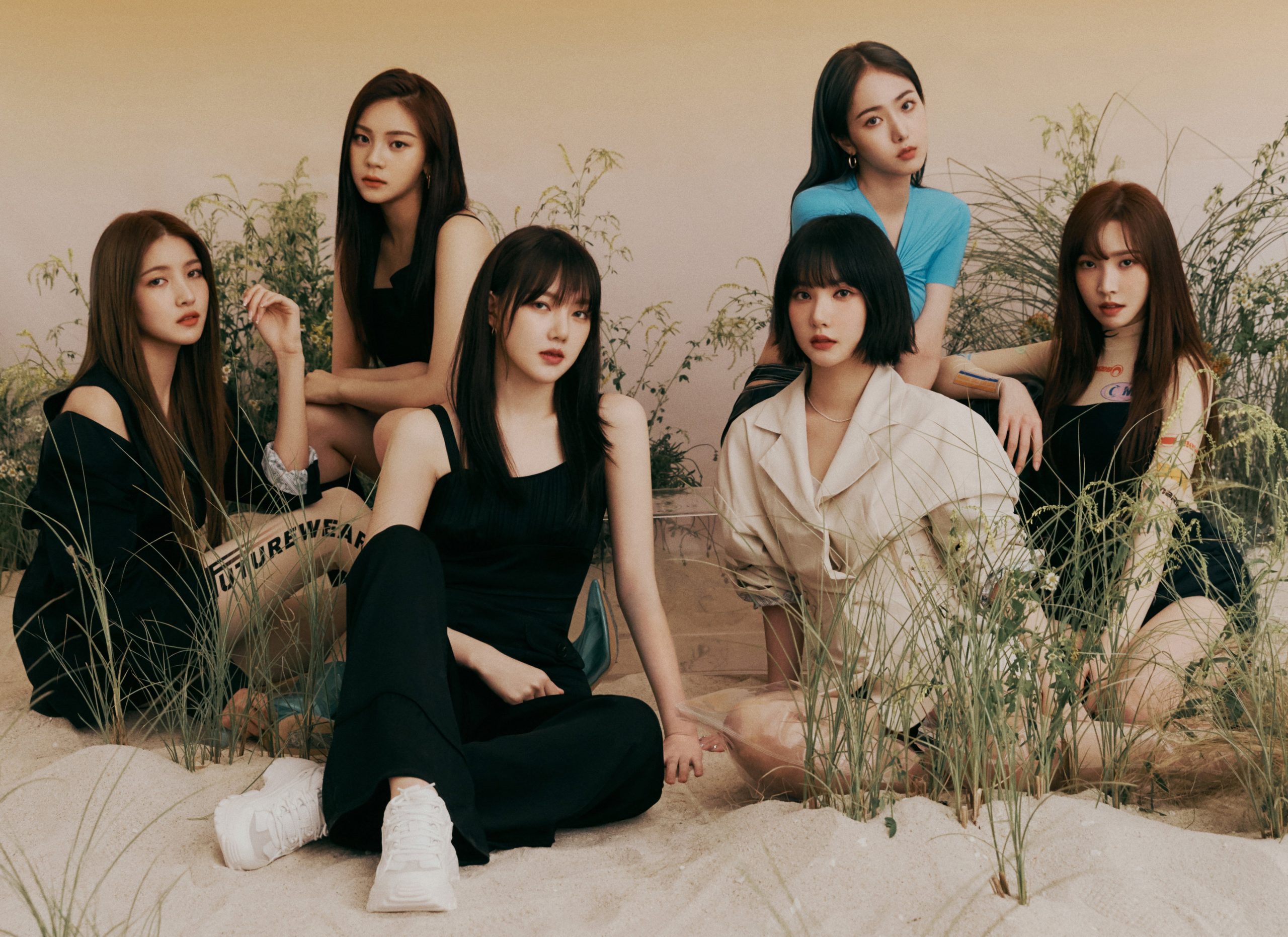
Persistent Challenges and Industry Reflections
Despite HYBE’s accomplishments, the recurring controversies surrounding its girl groups have sparked industry-wide discussions. The label’s handling of female artists, coupled with the enduring success of its male groups, raises questions about management strategies and the broader dynamics in the K-pop industry.
HYBE’s experiences with girl groups underscore the complexities and challenges inherent in managing female talent in the competitive world of K-pop


